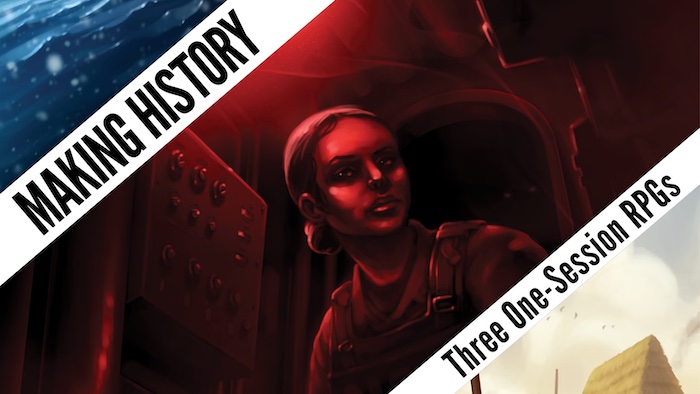François Jean de Beauvoir, the Marquis de Chastellux was part of the French military expedition to support the new United States in the American Revolutionary War. His duties left him considerable time to sightsee. Once, on the advice of Thomas Jefferson, Chastellux visited what must surely have been the worst tavern on the continent. File the serial numbers off this awful tavern, plunk it down in your fictional campaign setting, and give your PCs the worst night’s sleep they’ve ever had!
This post is brought to you by beloved Patreon backer Colin Wixted. Thanks for helping keep the lights on! If you want to help keep this blog going alongside Colin, head over to the Patreon page – and thank you!
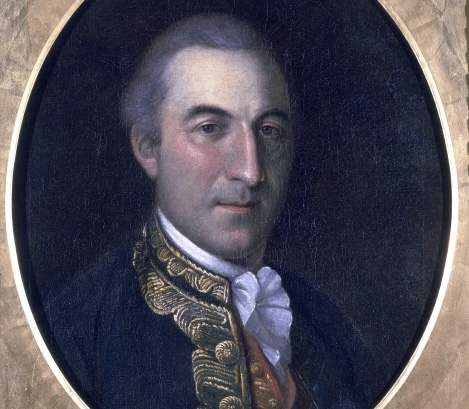
Chastellux was a major general in the French expedition to support the American rebels, but he didn’t command troops. He was part of the staff of the overall French commander, Rochambeau. His primary duty was to serve as a liaison between Rochambeau and George Washington. He was an intellectual, a nice guy, and spoke fluent English, so he and Washington got along like a house on fire. But Rochambeau and Washington often didn’t need a liaison, and during those periods, Chastellux was free to gather his own staff—a mixture of servants and military officers—and go traveling through the new United States.
In 1781, after the Battle of Yorktown ended most of the hostilities in the war, Chastellux found himself in Virginia without much to occupy him. So he set off to tour the state. One of his destinations was Monticello, the horrific labor camp and beautiful mansion of Thomas Jefferson: author of the Declaration of Independence, Governor of Virginia, unprovoked conquerer of the Cherokee nation, and future president. The two scholars immediately proved fast friends: “Before I had been two hours with him we were as intimate as if we had passed our whole lives together; walking, books, but above all, a conversation always varied and interesting, always supported by that sweet satisfaction experienced by two persons, who in communicating their sentiments and opinions, are invariably in union, and who understand each other at the first hit, made four days pass away like so many minutes.”
Chastellux’s next destination was the Natural Bridge, a stone archway 215 feet high. Monticello lies 65 miles from the Natural Bridge (80 miles by road), and Jefferson was such a great fan that he’d actually purchased the land the Natural Bridge lies on. When the two friends parted, Jefferson urged Chastellux to stay at a particular tavern. I must now let Chastellux speak for himself.
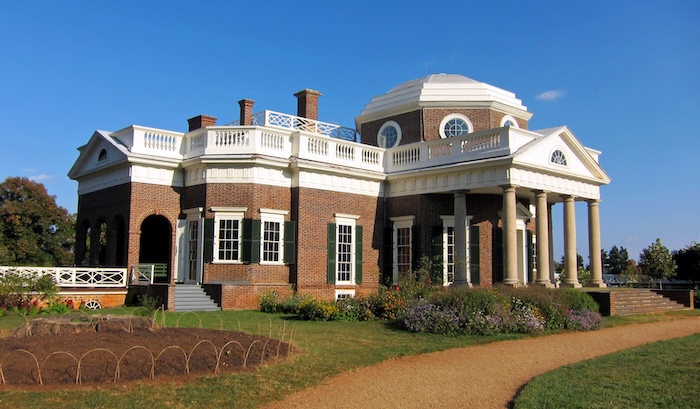
Image credit: AgnosticPreachersKid, released under a CC BY-SA 4.0 license
“I found the inn which Mr. Jefferson had described to me. It was one of the worst in all America. Mrs. Teaze, the mistress of the house, was some time since left a widow. She appears also to be in fact the widow of her furniture, for surely never was a house so badly furnished. A solitary tin vessel was the only bowl for the family, the servants, and ourselves. I dare not say for what use it was proposed to us on our going to bed.
“As we were four masters…the hostess and the family were obliged to resign to us their beds. But at the moment we were inclined to make use of them, a tall young man, entering the chamber where we were assembled, opened a closet and took out of it a little bottle. I enquired what it was. It is, said he, something which the doctor in the neighborhood has ordered me to take every day. And for what complaint, said I? Oh! Not much, he replied. Only a little itch.” (emphasis Chastellux’s)
“I own his confession was ingenious, but I was by no means sorry that I had sheets in my portmanteau. It may easily be imagined we were not tempted to breakfast in this house.”
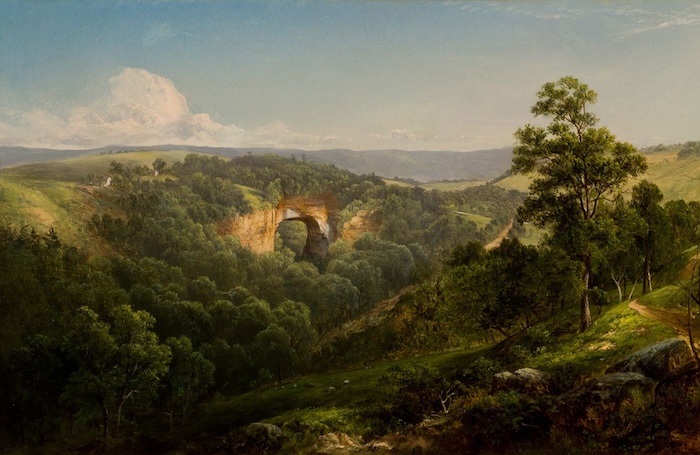
So to clarify, it’s a tavern with almost no furniture; presumably Chastellux and his party had to sit on the floor. There was only one tin vessel for the whole establishment. If you wanted a bowl of stew, you had to wait for your friend to finish his cider, thereby freeing up the vessel. At night, the party was horrified to discover they’d been eating and drinking out of the inn’s chamber pot. To find a bed to sleep in, Chastellux had to boot the proprietress and her family out of their beds. Then a man who regularly used one of the beds confessed to some nasty skin complaint, probably body lice. Chastellux implies this may have been a ruse to get the Frenchman out of his bed, and leaves it ambiguous whether he took his chances with the bed or slept on the floor, saying only that he used his own sheets.
In much of America, Chastellux would have been able to leave once it was clear how awful this tavern was. Every village had at least one tavern or inn (the terms are synonymous in this time and place). Once it was clear that there was nobody else in an establishment that should have been overflowing with locals, Chastellux should have peeled out of there. But in the Virginia backcountry, Chastellux didn’t have other choices. The next morning, his party travelled ten miles to where they’d heard there was a tavern where they could get a meal and fodder for their horses, but found they’d been misled and had to travel eight miles more to yet another establishment.
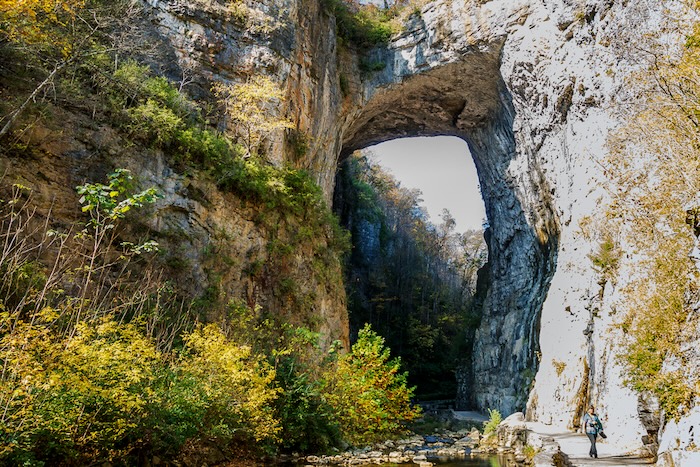
In modern times, terrible restaurants are often money-laundering operations. If you’ve ever gone into a restaurant with nobody in it and gotten the sense the single waiter/cook was not happy to see you—and gave you a terrible meal to ensure you didn’t come back—there’s a decent chance that’s why. At your table, a fictional terrible tavern based on Chastellux’s might hide its own secret. Its undesirability keeps out the locals, but it ostensibly being an inn justifies strangers popping in. The weird family might be cannibals. Mr. Scabies’ medicine might disguise symptoms of his vampirism. The tavern might be a safe house for spies. Pick a secret that ties into some core premise of your setting. If you want your players to poke around in this place, keep emphasizing that all this terrible service is not only unlike anything the PCs have seen before, it’s worse than anything they’ve even heard about.
Or you can play it straight! Maybe the innkeeper is accustomed to putting up one or two poor and desperate travelers and making it work, but a party of five well-heeled adventurers is beyond her. If so, she’s probably embarrassed by the whole affair. If the PCs are kind and understanding about her plight, she might make it up to them by volunteering some juicy rumors that help the PCs in their next adventure. If the party reacts with disgust to what is, admittedly, the best hospitality the innkeeper can offer, her ears burn and she offers the PCs nothing.
The party’s stay in this tavern might complicate their relationship with the NPC who recommended it in the first place. They thought he was a friend, so what is this? Was he messing with them? Did he miscommunicate? Or does he legitimately like this place, thinking it’s “very authentic”?
If your system has rules for sleeping, like D&D giving you your spells back after a long rest, that might not happen in this tavern if the PCs don’t roll well enough to get a decent night’s shuteye. That includes mollifying Mr. Scabies, who stumbles in late at night expecting to sleep in a bed presently occupied by a PC.
One final note about knowing your players before you use this tavern. When I was in high school, my players would always choose to camp outside the tavern rather than spend a few silver pieces on beds inside. If your players have similar preferences and you really want to encourage them to engage with this weird tavern, you might have to make the weather really awful so even the most penny-pinching min-maxer concedes his character should probably just sleep inside. But if you do that, you shouldn’t put the PCs in immediate harm. Otherwise you’re teaching your players these sorts of direct pressures on their choices are just you pressuring their characters into danger, and that can promote an adversarial table culture that a lot of folks don’t find fun. The tavern can still have a dark secret that you want the players to discover, but it shouldn’t be that the innkeeper is preparing to butcher the PCs as they sleep.

Make sure you don’t miss a blog post by subscribing to my no-frills, every-other-week mailing list! I also have a signup that’s only for big product releases!
Looking for material for your game tonight? My back catalog has hundreds of great posts, all searchable and filterable so you can find something from real history or folklore that fits exactly what you need! Posts older than a year are behind a very cheap paywall – only $2/month!
Come follow and chat with me on social media! On Mastodon I’m @MoltenSulfur@dice.camp. On Twitter, I’m @moltensulfur. On Blue Sky, I’m @moltensulfur.bsky.social.
Enjoy this post? Consider sharing it on social media, or maybe emailing it to a GM friend of yours. The social media infrastructure that creators relied upon to grow their audiences is collapsing. You sharing my stuff helps me stay relevant and ultimately helps me get paid for my time.
Check out my book Making History: Three One-Session RPGs! It’s three awesome historical one-shots with pregenerated characters and a very simple rules system designed specifically for that story. Norse Ivory is a game about heritage and faith in the Viking Age. A Killing in Cahokia is a murder mystery in the Native American temple-city of Cahokia. And Darken Ship is a horror-adventure starring junior sailors on a U.S. Navy warship who wake up one morning to discover they’re alone on a ship that should carry three thousand.
Source: Travels in North-America in the Years 1780, 1781, and 1782 by the Marquis de Chastellux







